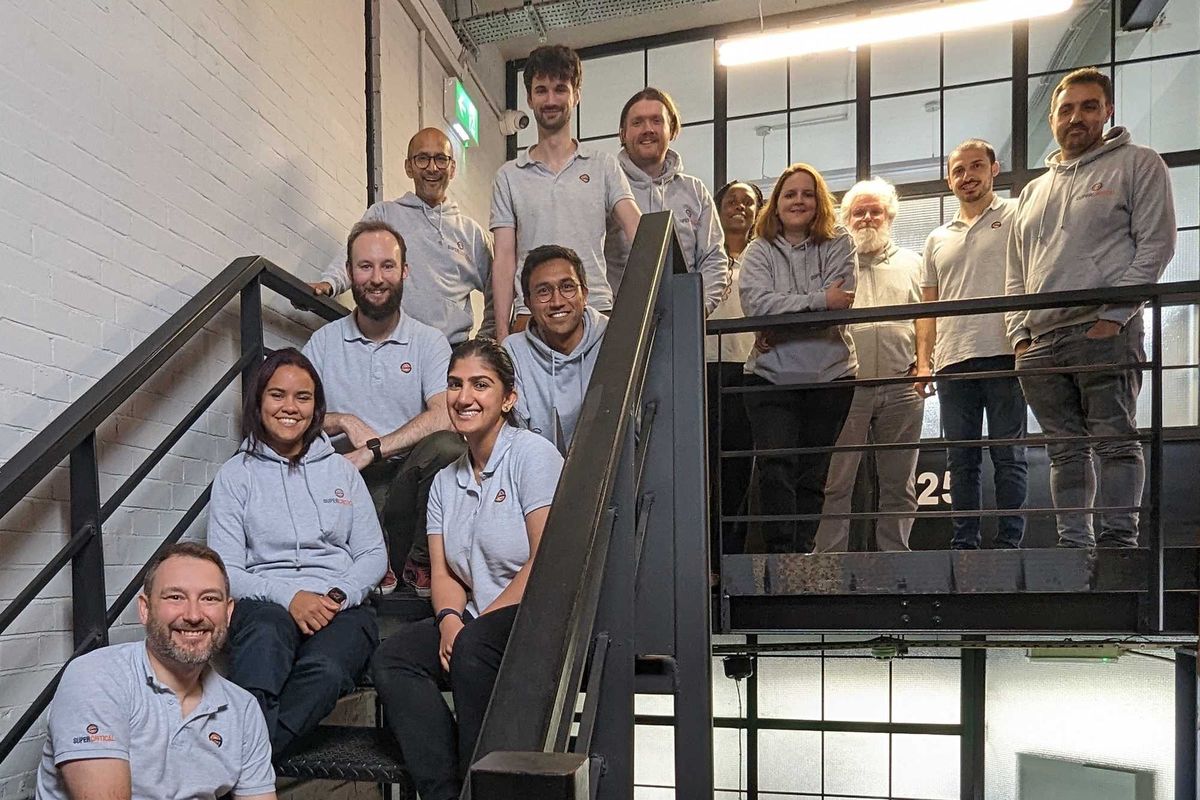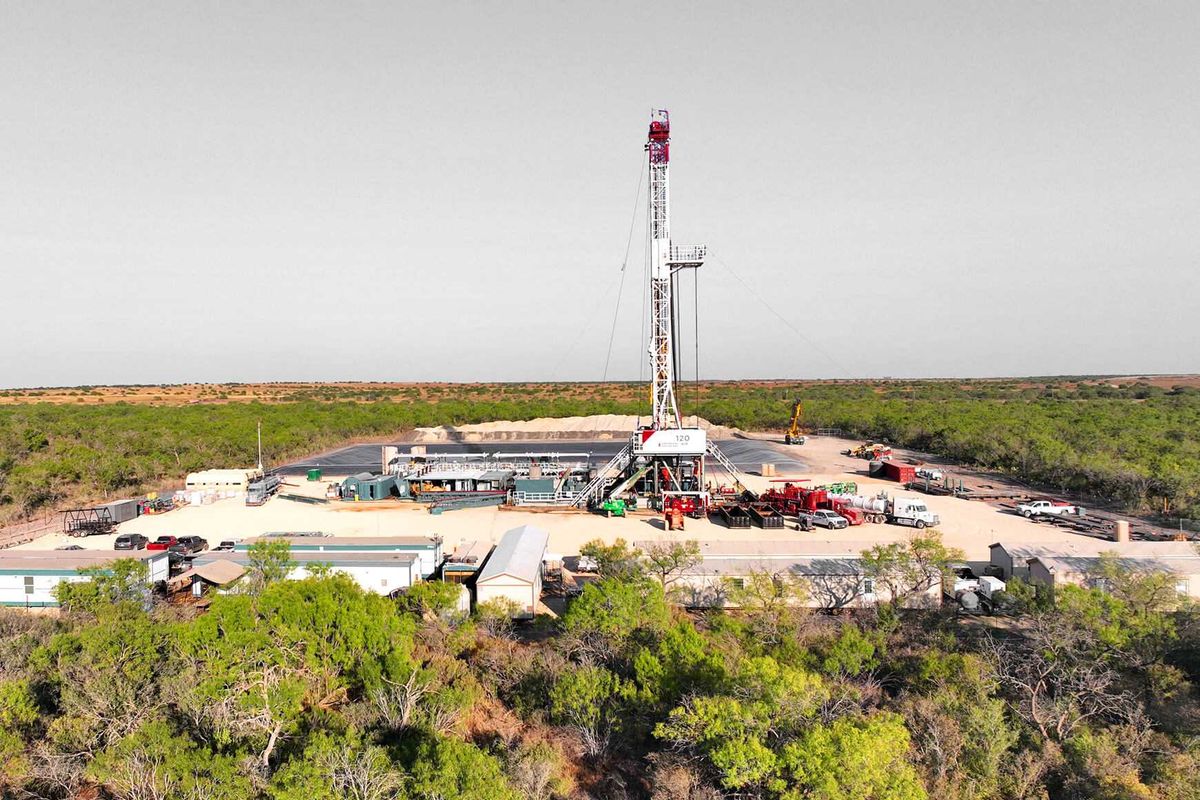Houston company to pay millions to remedy pollution concerns in Permian Basin
stuck with the bill
A Houston company has reached a multimillion-dollar settlement with the federal government and the state of New Mexico to address air pollution concerns in the largest oil and gas producing region in the United States.
The agreement announced Tuesday with Apache Corp. calls for the company to pay $4 million in penalties and spend more than $5 million on preventative measures to reduce emissions at its wells in the Permian Basin, which spans parts of New Mexico and Texas.
Apache was accused in a civil lawsuit of failing to comply with federal and state requirements to capture and control emissions at some of its operations in the two states. Federal officials and regulators in New Mexico identified the alleged violations through field investigations and flyovers by helicopters outfitted with infrared cameras that can detect hydrocarbon vapors that are invisible to the naked eye.
Efforts by regulators to crack down on oil companies have ramped up in recent years through a combination of on-the-ground inspections, flyovers and now satellite imagery as they look for Clean Air Act violations across the Permian Basin and in other oil producing regions.
New Mexico Environment Secretary James Kenney said he's concerned about the compliance rate for companies operating in New Mexico, describing it as terrible.
“The ozone levels are rising, and you know, I think this is that moment where we have to hold up the mirror to industry and say, 'If you don’t like what you see, it’s a reflection of your own effort,” he said during an phone interview.
The civil complaint targeting Apache comes nearly a year after federal and state officials announced a similar agreement with another producer in the Permian Basin over violations. In 2022, an investigation by The Associated Press showed 533 oil and gas facilities in the region were emitting excessive amounts of methane.
Surveillance done by state and federal regulators in 2019, 2020 and 2022 turned up alleged violations at nearly two dozen of Apache’s sites.
The company said in an email that the consent decree announced Tuesday resolves alleged violations from years ago and that the company acted swiftly to remedy the issues. Changes have included modifications to allow for more measurement, monitoring and capture of emissions and increased site inspections and expedited maintenance timelines.
“Moving forward, the consent decree represents our commitment to continuous improvement across our facilities in the Permian Basin," the company said. "We also continue to collaborate with industry partners through organizations such as the Environmental Partnership and the U.N.’s Oil and Gas Methane Partnership in striving toward a more sustainable future.”
The agreement covers 422 of Apache's oil and gas well pads in New Mexico and Texas, ensuring that they will comply with state and federal clean air regulations and that past illegal emissions will be offset.
State and federal officials estimate that compliance will result in annual reductions of 900 tons of methane and more than 9,650 tons of volatile organic compounds, which contribute to smog.
In all, state officials said the recent consent decrees with energy companies cover about 15% of oil and gas production in New Mexico and about 9% of the wells.
While many operators in the Permian are complying with existing regulations, Kenney warned those that are skirting the rules will spur even greater federal and state enforcement over the entire industry if ozone levels continue to rise.
“Simply stated, the message is ‘Do better,’" Kenney said.
Apache's plan calls for making design improvements and installing new tank pressure monitoring systems that will provide advance notice of potential emissions and allow for an immediate response. Regular reports also will be submitted to the state.










